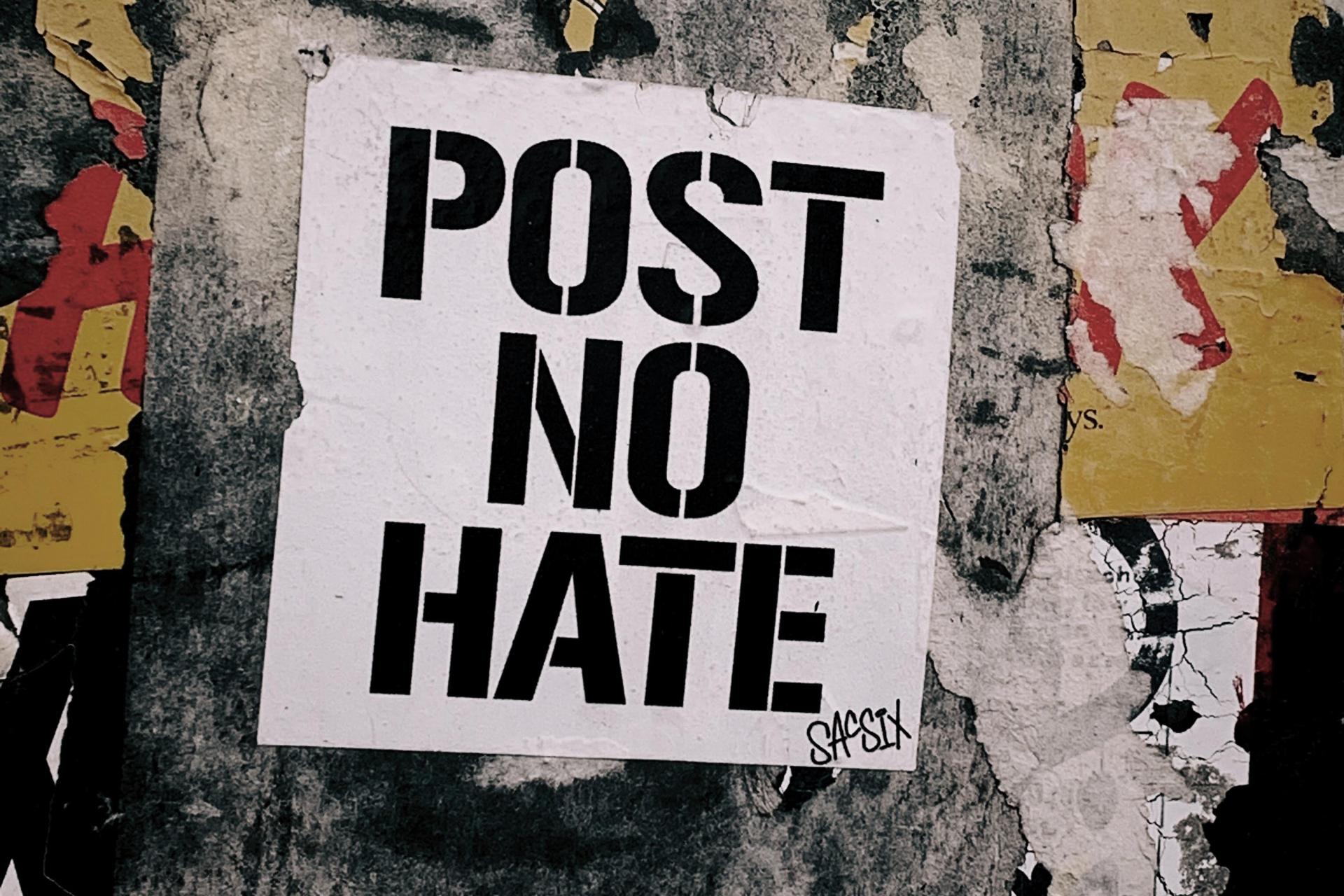The recent Emergency declaration in Malaysia is touted as an extraordinary measure during extraordinary times, though many question if it was necessary to manage a pandemic that seemed to be under control just six months ago.
COVID
Developed due to current circumstances, tele-psychiatry is not only an advancement in mental healthcare but could facilitate equitable access in Indonesia. This is evident from its quick adoption by the public, a feat difficult to achieve under normal circumstances.
The Government of Indonesia (GoI) newest plan on vaccination brings optimism towards COVID-19 recovery. Although vaccination is seemingly a solution, GoI should consider adopting Sustainable Policy as a basic value of thinking beyond COVID-19 eradication.
Indonesia has topped COVID-19 cases in Southeast Asia. Four factors have contributed to its predicament.
While focused on managing COVID-19, Indonesia is encountering an increase in female domestic violence victims. Though avoidable, it is never too late for Indonesia to address this emerging crisis.
An oxymoronic term, ‘fake news’ has become synonymous with aspects of info-demic. Malaysia is no less susceptible to the vulnerabilities of the info-demic. However, there are idiosyncrasies in Malaysia’s legislative and fact-checking approaches which makes solutions decisively local.
Indonesian children face an increased risk of online radicalization during COVID-19. This commentary discusses the challenges to prevent such radicalization while proposing how the involvements of social influencers may be a step forward.
The dissemination of hateful contents generally increases in Indonesia during crises such as COVID-19 and political contestations. Such hateful contents reflect deep-seated sentiments that have developed through Indonesia’s history.







